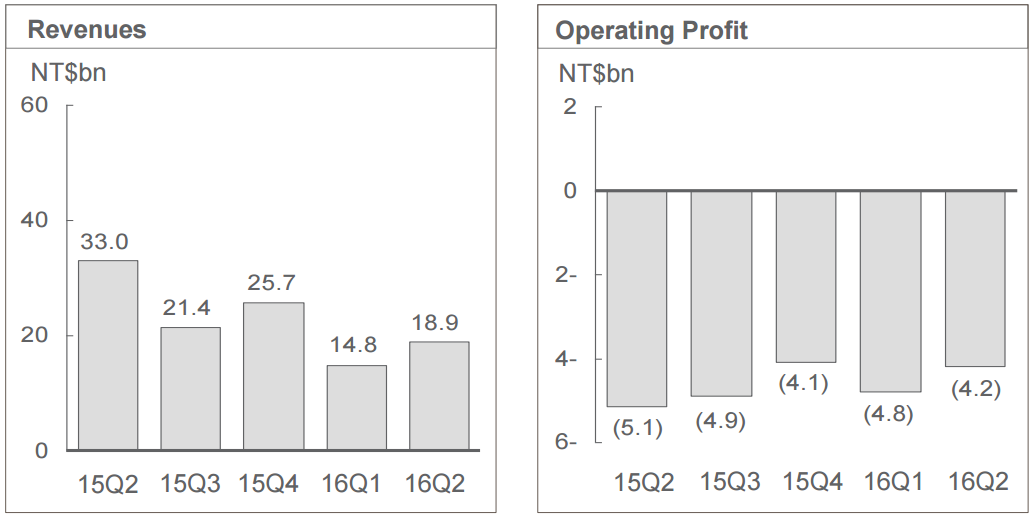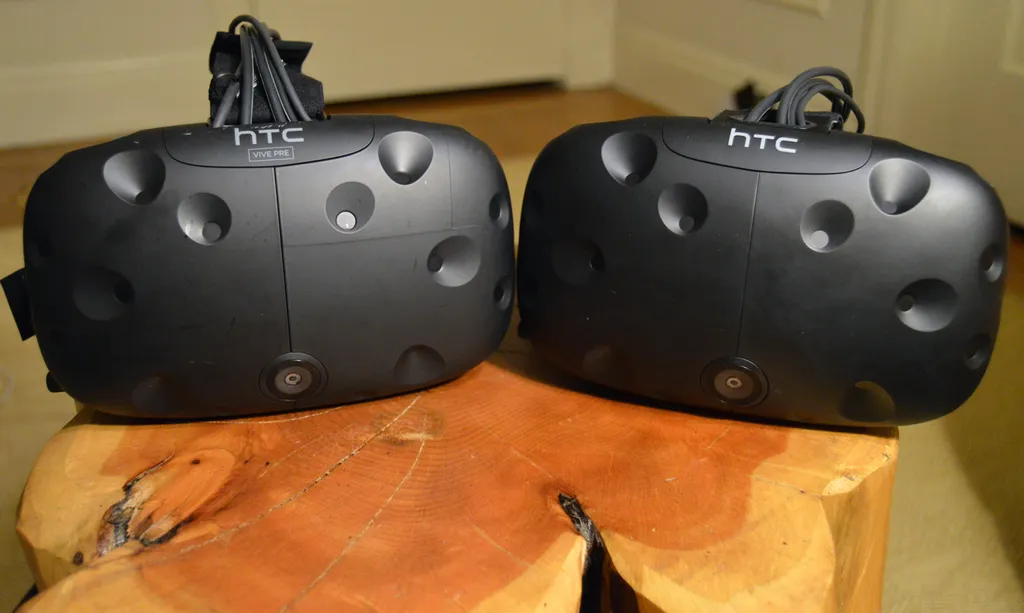With all the excitement surrounding the Vive, HTC’s wider financial troubles have become something of an elephant in the room. This week, that elephant kicked up a storm.
HTC has posted its financial results for the second quarter of 2016, running from April to June, and it’s not good news. The company has revealed a net loss of NT$3.1 billion (around $97.5 million USD). As you might remember, Q1’s report was equally grim with a net loss of NT$2.6 billion (around $65 million USD). Overall, it makes for the fifth straight loss in a row for the Taiwanese smartphone maker. This was in spite of the launch of the company’s latest flagship phone, the HTC 10, which hit in April.

Despite the figures, the launch of the HTC Vive at the beginning of the quarter was cited as a bright spot in the report. The company stated that sales of both the HTC 10 and the Vive were responsible for a 27% rise in revenue over the Q1 period (up to NT$18.9 billion over Q1’s $NT$14.8 billion). Chang Chai-lin, president of global sales at HTC, also said that the company expects the Vive to help it finally break even in the third quarter of the year and continue to increase in sales over the coming months.
While Vive might be performing well within the context of the VR industry, the expensive nature of the device and the early stage of the tech make it a risky product to place hopes on, but HTC clearly needs it. Last week, for example, the group raised the price of the Vive in the UK after the fallout from Brexit, essentially confirming it wasn’t prepared to take the hit of the devalued pound. Last month we were also able to confirm HTC had spun off the Vive into its own subsidiary, proving its importance.
The group also continues to invest in other areas of VR. Last week we reported that it had added new members to its $12 billion VR Venture Capital Alliance, while also revealing the first successful applicants of its own Vive X accelerator.
In the past, HTC has even suggested that VR might grow to be more important than its dwindling smartphone business, in which it’s becoming ever harder to compete with the likes of Samsung and Apple. VR, however, represents a chance for them to get ahead in a new industry and then, hopefully, maintain its lead when the tech really starts to catch on.
Still, we don’t see the Vive going anywhere soon so there’s no reason for fans to panic. With a number of great releases like EVEREST VR and The Brookhaven Experiment over the past few weeks the kit continues to impress, and we’re hoping that this will be reflected within HTC’s future financial reports before long.

























